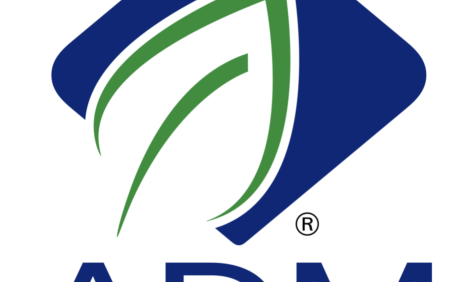



Superbugs found in pork products from Carrefour in Spain, Tesco Lotus in Thailand and Walmart in Brazil
13 December 2018, LONDON - Bacteria resistant to antibiotics most critically important to humans has been found in pork from supermarket shelves in Brazil, Spain and Thailand.The presence of superbugs in meat is a symptom of the routine overuse of antibiotics propping up low-welfare practices in pig farming and contributing to the superbug crisis says World Animal Protection.
The charity tested pork from the shelves of supermarkets in Australia, Brazil, Spain and Thailand, finding ‘superbugs’ resistant to antibiotics of highest critical importance to humans in three of the four countries including in samples from Carrefour in Spain, Tesco Lotus in Thailand and Walmart in Brazil.
The results shockingly highlight how the overuse of antibiotics in factory farming has become a band-aid solution to prevent cramped and stressed animals from getting sick, whilst also contributing to the superbug crisis.
The findings support existing evidence that routine overuse of antibiotics in farm animals is a significant contributor to the rise of superbugs, as recognised by the World Health Organisation (WHO) and the UN. Superbugs in the food chain can cause food poisoning, blood poisoning, urinary tract infections and in some cases, even death.
Three quarters of the world’s antibiotics are used in farming annually, with the highest use in pigs. Routine overuse is often associated with low-welfare practices.
Some of the cruel practices typically associated with low-welfare farms, that are leading to lifelong suffering and overuse of antibiotics on pig farms include:
- Piglets taken from their mothers too early.
- Sows being used as breeding machines; kept in steel crates, unable to turn around, enduring unnecessary stress.
- Piglets are routinely mutilated, often with no pain relief: their tails are cut, their teeth are ground or clipped, their ears notched, and most male piglets are castrated.
- Pigs are cramped in dark, squalid warehouses, forced to lie in their own waste, stressful conditions that provide the perfect breeding ground for the spread of infection, leading to routine overuse of antibiotics.
World Animal Protection is calling for global supermarkets to urgently improve the lives of pigs by only sourcing pork from high-welfare farms.
World Animal Protection, Head of Farming, Jacqueline Mills said: “We tested pork products to see for ourselves how the pig industry contributes to superbugs, and to provide evidence to supermarkets to urge them to take responsibility and help to raise pigs right.
“Factory farm conditions for pigs can cause them immense pain and stress, which involves a steady overuse of antibiotics. But there is a better way. Supermarkets must demand their suppliers improve the welfare of pigs. Higher-welfare systems allow for responsible antibiotic use, as has been proven in Sweden.
“We need to see an end to close confinement and barren environments, so pigs can live in social groups in comfortable environments with opportunities to express natural behaviour. Supermarkets should be setting the bar far higher to ensure the animals in their supply chains are less stressed, and antibiotics are used responsibly in farming.”
World Animal Protection is working with producers to develop higher welfare systems, to get pigs out of cages and into social groups with manipulable materials to allow for expression of natural behaviour.
Join World Animal Protection and demand your supermarket makes a commitment to only sell pork from pigs that have been raised right.
Find out more here: www.worldanimalprotection.org/PorkTest








